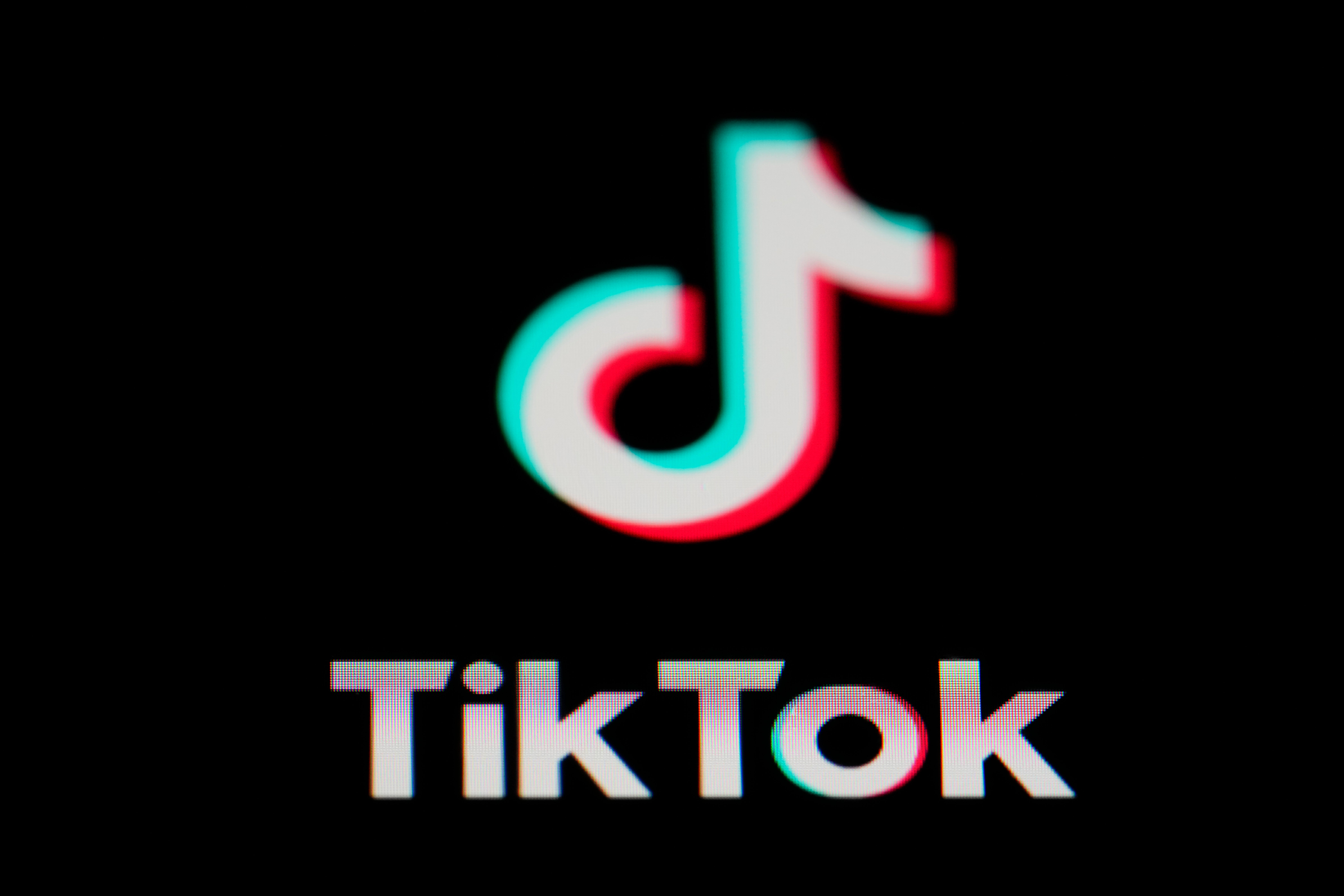Free speech and digital rights groups argue TikTok law would infringe on the First Amendment
A group of nonprofits argued in a legal filing that the federal law requiring TikTok’s parent company to sell the platform, or face a ban, is an unconstitutional measure that restricts speech and makes it impossible for users to associate on the app

A group of nonprofits argued in a legal filing that the federal law requiring TikTok’s parent company to sell the platform, or face a ban, is an unconstitutional measure that restricts speech and makes it impossible for users to associate on the app.
The legal brief, submitted late Wednesday to a federal court in Washington, comes as TikTok and its Beijing-based parent, ByteDance, are waging a consequential legal battle against a law that would disrupt the platform’s U.S. operation. Thursday is the deadline for third-party groups to file documents in support of the two companies.
Seven nonprofits signed onto the brief, including groups that have previously expressed support for TikTok or sided with the company in a similar lawsuit against Montana last year. They include free speech and digital rights groups like the Electronic Frontier Foundation and The First Amendment Coalition as well as Freedom of the Press Foundation, which advocates for public interest journalism.
In their legal filing, the nonprofits argue that the law would infringe on the First Amendment, echoing TikTok’s arguments in its lawsuit against the government. They say the Constitution doesn’t just protect TikTok’s U.S. users, but the company itself. They also argue the government’s burden to justify free speech violations is the same around national security issues as with any other matter. The government's action against TikTok also represents “a direct and serious threat” against freedom of the press, they argue.
The federal law, which President Joe Biden signed as part of a larger foreign aid package in April, is the U.S. government’s attempts to deal with national security concerns surrounding TikTok. Lawmakers from both parties and some administration officials have said TikTok’s current ownership structure poses a threat since ByteDance operates under the laws of the Chinese government. They have said Chinese authorities could force ByteDance to hand over U.S. user data or sway public opinion towards Beijing's interests by tinkering with the algorithm that populates users' feeds. But public evidence hasn't been provided to support either claim.
Like the civil liberties and free speech groups, many TikTok creators have opposed the measure, which marks the first time the U.S. has singled out a social media company for a potential ban. It gives ByteDance nine months to sell TikTok, and a possible three-month extension if a sale is in progress. However, both companies have argued they would have to shut down TikTok’s U.S. operation by Jan. 19 because continuing to operate in the U.S. wouldn’t be commercially, technologically or legally possible if forced to divest.
Last week, TikTok filed another legal brief giving its account of negotiations it held with the Biden administration since 2021. The company said it presented a draft agreement in August 2022, but the administration “ceased any substantive negotiations” with the company after that.
The Justice Department said in a statement last week that it's looking forward to defending the recently enacted legislation, which it says addresses “critical national security concerns in a manner that is consistent with the First Amendment and other constitutional limitations.”
Bookmark popover
Removed from bookmarks